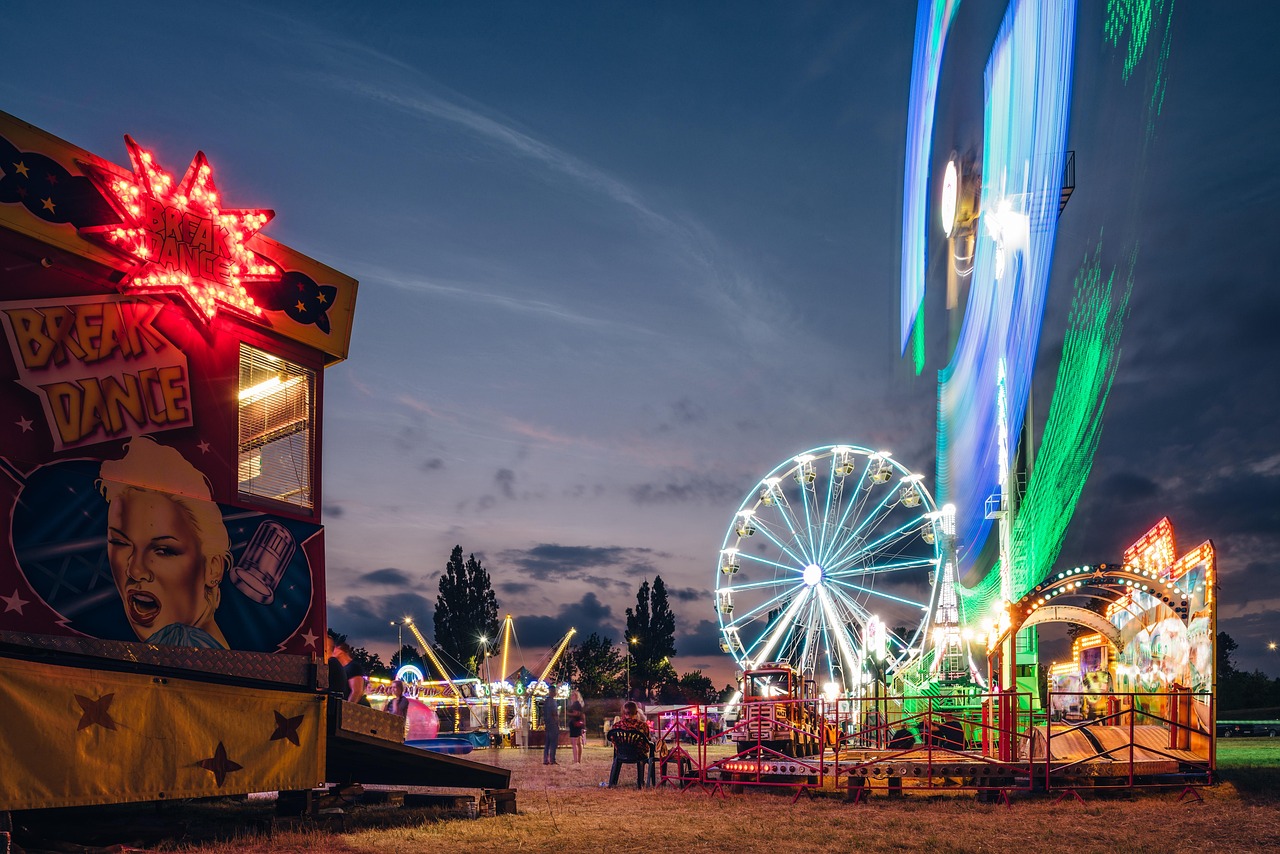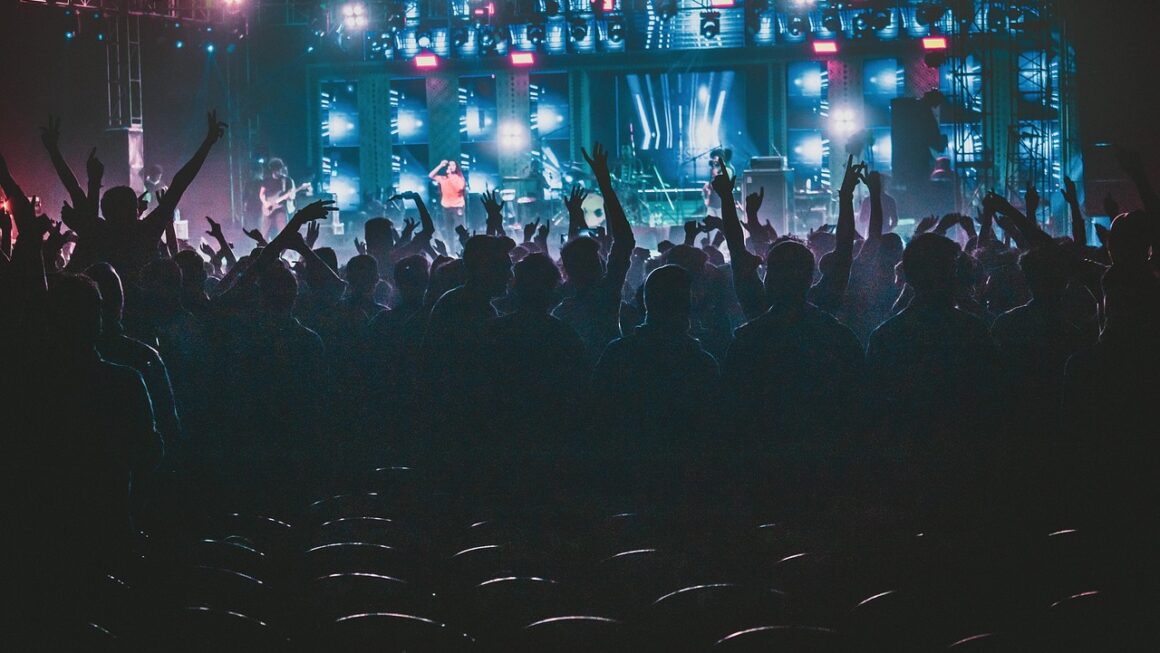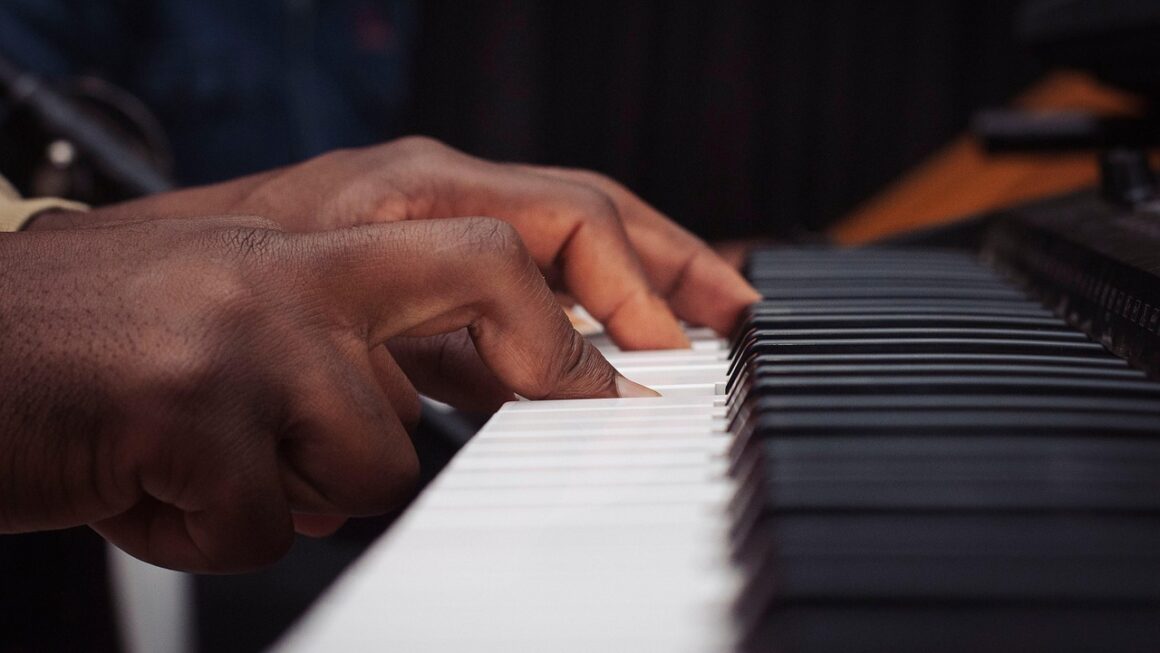Comedy shows, a timeless source of entertainment, continue to evolve and adapt, offering a diverse range of experiences for audiences seeking laughter and lightheartedness. From stand-up routines in intimate comedy clubs to large-scale theatrical productions, the world of comedy caters to varied tastes and preferences. This guide explores the multifaceted world of comedy shows, delving into the different types, what to expect, and how to make the most of your comedic experience.
The Appeal of Live Comedy Shows
Live comedy holds a unique allure that transcends the screen. It’s the immediate connection with the performer, the shared laughter with fellow audience members, and the unscripted moments that make each show a one-of-a-kind experience.
Why Choose Live Comedy?
- Immediacy: The comedian’s performance is happening right in front of you, making it a real-time, interactive experience.
- Shared Experience: Laughing alongside others creates a sense of community and shared joy.
- Unpredictability: Live shows often include improvisation and audience interaction, adding an element of surprise.
- Supporting the Arts: Attending live comedy shows directly supports the performers and the local comedy scene.
Statistics on Comedy Show Attendance
According to recent data, live comedy attendance has seen a resurgence, with independent comedy clubs experiencing a 15% increase in ticket sales in the last year. This indicates a growing demand for live entertainment and a desire for authentic, in-person experiences.
Different Types of Comedy Shows
The world of comedy is vast and varied, offering a multitude of styles and formats. Understanding the different types of comedy shows can help you find the perfect fit for your sense of humor.
Stand-Up Comedy
Stand-up comedy is perhaps the most recognizable form of live comedy. A single performer takes the stage, delivering a routine of jokes, stories, and observations.
- Club Shows: Intimate venues featuring established and up-and-coming comedians. Typically, club shows feature a host, an opener, and a headliner.
Example: The Comedy Cellar in New York City is a renowned comedy club known for its intimate setting and performances by top comedians.
- Theater Shows: Larger venues showcasing well-known comedians to larger audiences.
Example: Kevin Hart’s stand-up specials often sell out theaters nationwide.
- Open Mic Nights: A platform for aspiring comedians to test their material. These are a great way to discover new talent.
Example: Many local bars and pubs host open mic nights, providing a supportive environment for beginner comedians.
Improv Comedy
Improv comedy relies on spontaneous, unscripted scenes created in the moment. The performers take suggestions from the audience and build entire skits on the spot.
- Short Form Improv: Games-based improv with quick scenes and immediate punchlines.
Example: “Whose Line Is It Anyway?” is a popular example of short-form improv on television.
- Long Form Improv: Character-driven narratives that develop over an extended period.
Example: The Upright Citizens Brigade (UCB) is known for its long-form improv shows.
Sketch Comedy
Sketch comedy involves a series of short, pre-written scenes or skits.
- Live Sketch Shows: Performances featuring a cast of actors presenting a collection of comedic sketches.
Example: The Second City in Chicago is a legendary sketch comedy troupe that has launched the careers of many famous comedians.
- Themed Shows: Sketch shows often revolve around a specific theme or topic, such as politics, pop culture, or relationships.
Musical Comedy
Musical comedy combines humor with musical performances.
- Stand-Up with Music: Comedians who incorporate music into their stand-up routines.
Example: Bo Burnham is a well-known musical comedian who uses songs to explore complex themes.
- Comedy Musicals: Full-scale theatrical productions with original music and comedic storylines.
Example: “The Book of Mormon” is a Tony Award-winning musical comedy.
What to Expect at a Comedy Show
Knowing what to expect can help you have a more enjoyable and stress-free experience.
Before the Show
- Purchase Tickets in Advance: Popular shows often sell out quickly, so booking tickets ahead of time is recommended.
- Check the Venue’s Policies: Be aware of any age restrictions, dress codes, or prohibited items.
- Arrive Early: Allow ample time for parking, security checks, and finding your seats.
- Research the Comedian (Optional): Familiarizing yourself with the comedian’s style and material can enhance your appreciation of the show.
During the Show
- Be Respectful: Avoid talking during the performance and refrain from using your phone unless absolutely necessary.
- Embrace the Atmosphere: Be open to audience participation and don’t be afraid to laugh.
- Tipping (If Applicable): In some comedy clubs, it is customary to tip the waitstaff or the performers.
- Heckling (Proceed with Caution): While heckling is sometimes tolerated, it is generally discouraged and can be disruptive.
If you do* heckle, make sure it’s witty and appropriate. Poor heckles can ruin the show for everyone.
After the Show
- Meet and Greet (If Available): Some comedians offer meet-and-greet opportunities after the show.
- Support the Venue and Performers: Consider purchasing merchandise or leaving a positive review online.
Tips for Finding the Right Comedy Show
With so many options available, finding the perfect comedy show can seem daunting. Here are some tips to help you narrow down your choices:
Consider Your Sense of Humor
- Identify Your Favorite Comedians: Pay attention to the comedians you enjoy watching on television or online.
- Explore Different Styles: Be open to trying different types of comedy, such as improv or sketch.
- Read Reviews: Check online reviews and ratings to get a sense of the show’s quality and content.
Use Online Resources
- Comedy Club Websites: Many comedy clubs have websites that list upcoming shows and provide information about the performers.
- Ticketmaster and Eventbrite: These platforms offer a wide selection of comedy show tickets.
- Local Event Listings: Check local newspapers, websites, and social media groups for comedy events in your area.
Ask for Recommendations
- Talk to Friends and Family: Ask people you know who enjoy comedy for their recommendations.
- Check Local Blogs and Forums: Local blogs and forums often feature reviews and recommendations for comedy shows.
Conclusion
Comedy shows offer a unique and enriching experience that can bring joy, laughter, and connection. By understanding the different types of comedy, knowing what to expect, and using the tips provided, you can find the perfect show to suit your taste and enjoy a memorable night of entertainment. So, step out, explore the world of comedy, and get ready to laugh!



